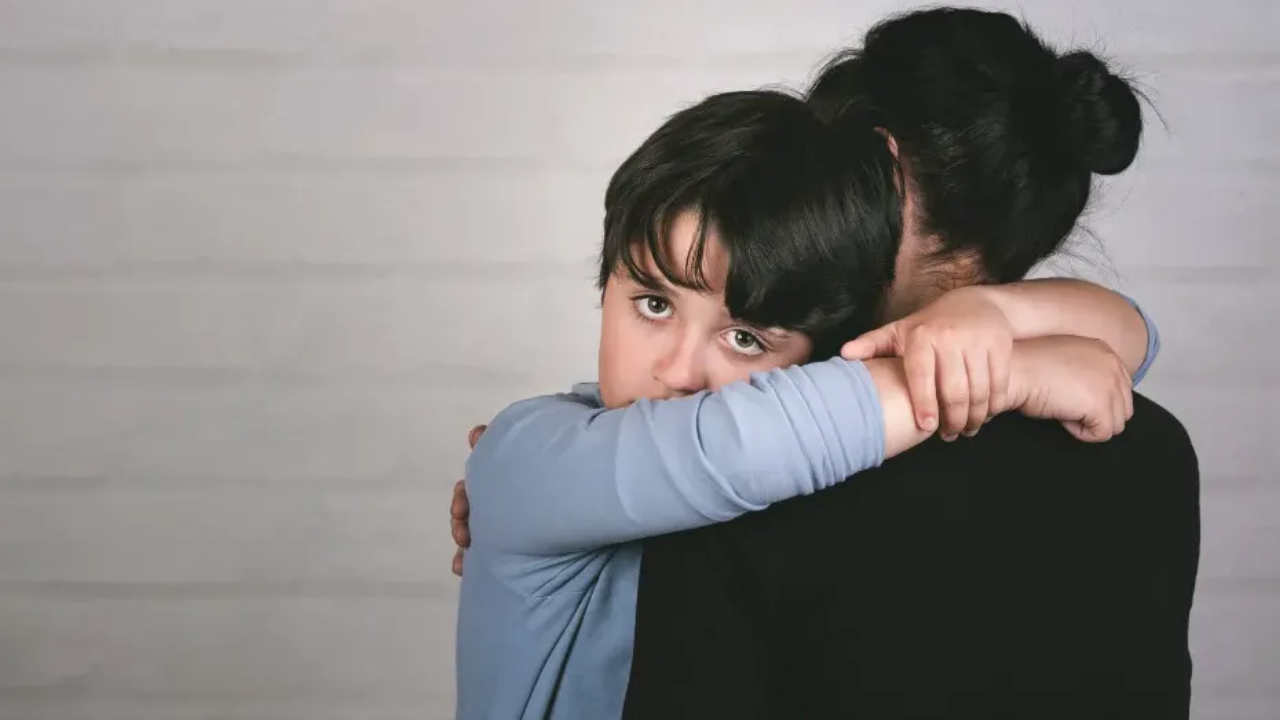Raising Resilience

It’s not often that I can’t find the words I’m looking for. Sometimes things happen in the world that make me question if anything I do matters. I don’t mean the day to day, I know that stuff. This week I’ve coached, mentored, inspired (and cooked, cleaned and drove a zillion places).
I mean stuff that REALLY matters.
Yet another tragedy unfolded this week, a fan-filled celebration turned graveyard.
Then last night, our small town received a threat against one of our schools over Snapchat. “Not credible” they tell me. Like I know what to do with that.
I’ve marched, protested, voted, written letters, made the calls, worn the t-shirts. To what end? My kids walked past police offers at the school entry “out of an abundance of caution”. They probably have a lockdown drill later.
This is, and isn’t about gun violence. It’s about what I believe is THE most important skill to teach our kids to survive and thrive in this crazy world.
If you’re not a parent and you’re ready to tune out, you might stop to consider that the kids I’m speaking about will be running the organizations and governments as you age. Trust me, this impacts you too.

The bad news? If we want to teach our kids, we have to start with ourselves.
One way to get started is to consider how we respond to tough news or situations. As you know, I’m happy to go first.
Last night on our Alexa, a photo of the scene from the Super Bowl parade tragedy came up with the headline, “One killed, dozens injured.” My 11-year old read it out loud. (Yes, her first question was about Taylor Swift’s boyfriend being ok, but I digress.)
I didn’t handle it in the way I wish I would have. I was busy making dinner and simply said, “Don’t read that, and yes, he’s fine.” I stayed busy, she got distracted, we carried on.
What I could have done was stop what I was doing and say, “Yes, a sad thing happened this week. Do you want to talk about it?” I could have let her lead the way, censoring scary details but not avoiding the tough stuff.
I definitely should have remembered that she’s terrified of guns and even the mention of the word often makes her upset. I should have thought that she might be filing this headline away, unprocessed, only to surface later as more evidence for her fear.
I’m not judging my parenting. I’m guessing I’m not alone in how I handled it and condemning myself makes no difference.
Building resilience is about pausing to reflect where things didn’t go as well as they could have and being willing to take a good hard look at what happened.
If I can be uncomfortable, I’ll create space for my kids to be uncomfortable too. From there, we can lift out of anything together.
PS. A few helpful words when you’re struggling to find them:
-
"It's okay to feel scared about this. A lot of people are feeling the same way." - This phrase acknowledges the child's fear and normalizes it by letting them know they are not alone in their feelings.
-
"I understand why that worries you. Let's talk about what it means and what we can do together." - This opens up a dialogue, showing the child that their concerns are valid and that there is a proactive way to address them.
-
"You're bringing up a really important point, and I'm here to listen to all of your thoughts about it." - Encourages open communication, showing the child that their opinions are valued and that they have a safe space to express themselves.
-
"It sounds like this is really important to you. Can you tell me more about what you're thinking?" - Invites the child to dive deeper into their thoughts and feelings, demonstrating interest and care for what they have to say.
-
"I'm here for you, no matter what. We can figure this out together." - Offers reassurance and support, letting the child know they have a reliable source of comfort and help as they navigate their concerns.

